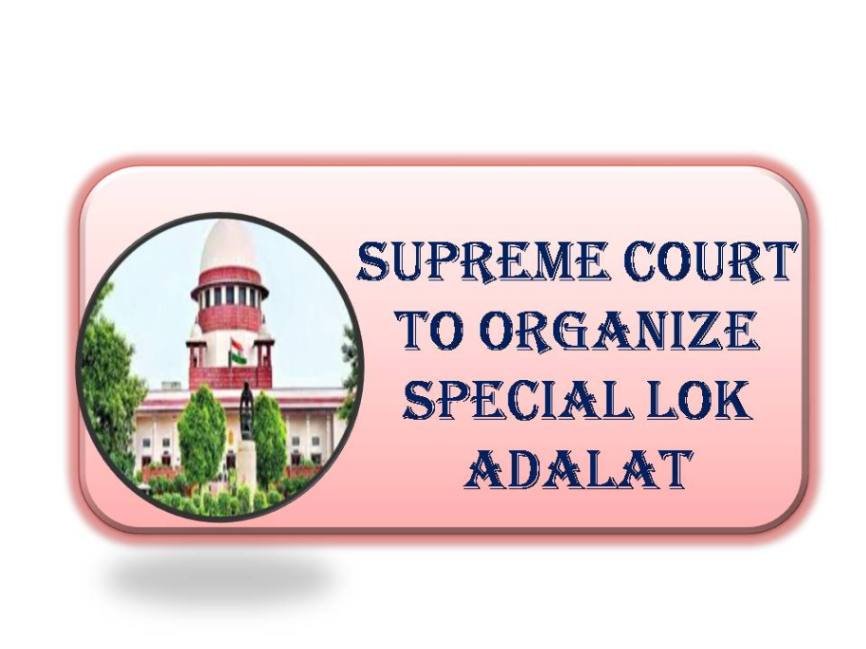Supreme Court to Organize Special Lok Adalat in Commemoration of Its 75th Anniversary
In a significant initiative marking its 75th anniversary, the Supreme Court of India has announced plans to host a special Lok Adalat from July 29 to August 3, 2024. This special event aims to expedite the resolution of pending cases through alternative dispute resolution mechanisms, emphasizing the court’s commitment to accessible and efficient justice delivery.
Background and Significance of the Special Lok Adalat
The Supreme Court, established on January 26, 1950, has played a pivotal role in shaping India’s judicial landscape. As part of its 75th-anniversary celebrations, this initiative underscores the court’s dedication to promoting amicable settlements across diverse legal domains. The Lok Adalats, integral to India’s judicial system, have been instrumental in fostering speedy dispute resolution and reducing case backlogs.
Objectives of the Special Lok Adalat
The primary objective of organizing this special Lok Adalat is to facilitate the amicable settlement of pending cases. This includes various categories such as matrimonial disputes, property disputes, motor accident claims, land acquisition matters, compensation issues, and disputes related to service and labor. By focusing on cases ripe for settlement, the Supreme Court aims to expedite their disposal, providing timely justice to litigants.
Scope and Categories of Cases to Be Addressed
The special Lok Adalat will specifically address cases pending before the apex court that exhibit potential for settlement. These cases span a wide array of legal issues affecting individuals and communities across India. By prioritizing these cases, the court seeks to alleviate the burden on the judicial system while offering litigants a platform for resolving disputes outside the conventional courtroom setting.
Role of Alternative Dispute Resolution (ADR) in Expediting Justice
Alternative Dispute Resolution mechanisms have gained prominence globally for their efficacy in resolving disputes without protracted litigation. In the Indian context, Lok Adalats have emerged as a cornerstone of ADR, promoting dialogue and negotiation to achieve mutually acceptable solutions. By leveraging ADR principles, the Supreme Court aims to enhance the efficiency of justice delivery, reinforcing its commitment to accessible legal recourse for all segments of society.
Impact on Judicial System and Litigants
The initiative is poised to have a transformative impact on the judicial landscape by streamlining case management and reducing the backlog of pending cases. Litigants, especially those involved in long-standing disputes, stand to benefit from the opportunity to reach settlements expeditiously. Moreover, the special Lok Adalat underscores the judiciary’s responsiveness to evolving societal needs, fostering public confidence in the legal system.
Commitment to Accessible Justice and Public Engagement
Organizing the special Lok Adalat is not merely a procedural measure but a reaffirmation of the Supreme Court’s commitment to accessible and inclusive justice. By proactively engaging with litigants and stakeholders, the court aims to promote awareness about alternative dispute resolution mechanisms and their role in achieving timely justice. This proactive approach aligns with broader efforts to enhance legal literacy and empower individuals to seek recourse through non-adversarial means.

























